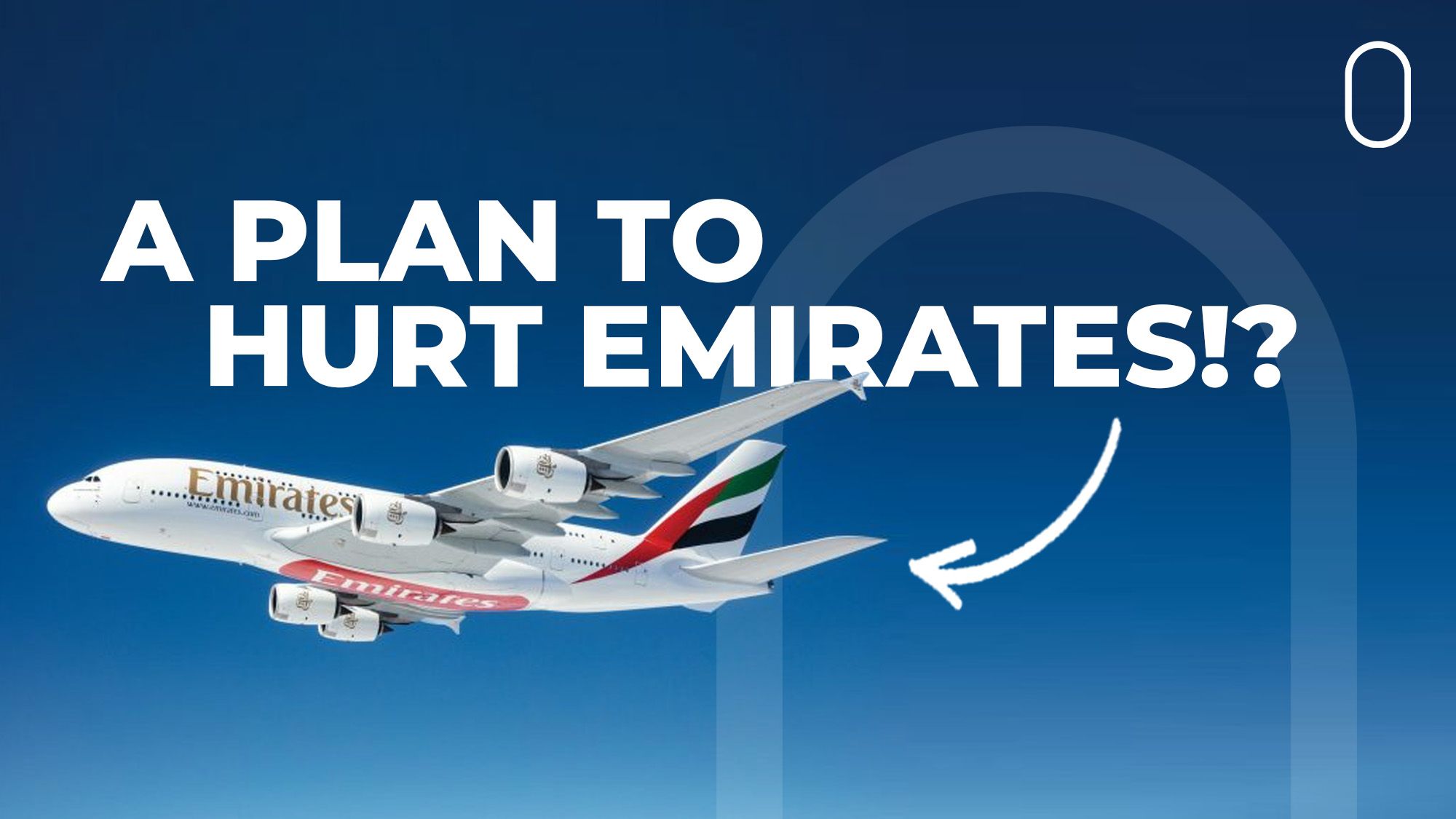World
Tim Clark Accuses Airlines of Undermining Airbus A380 Sales

Tim Clark, the President of Emirates since 2003, recently made serious allegations against various airlines, claiming they have intentionally undermined the Airbus A380 to weaken his airline’s market position. In a podcast interview, Clark asserted that US carriers and members of the Star Alliance chose not to purchase the A380, effectively sabotaging its sales. This tactic, he argues, was aimed at pressuring Airbus to stop producing the aircraft, thereby diminishing Emirates’ competitive edge.
Tim Clark has been at the helm of Emirates during a transformative period for the airline, which has become one of the largest and most successful in the world. The A380, a double-deck, wide-body aircraft, has played a pivotal role in Emirates’ growth strategy, allowing the airline to operate high-capacity routes efficiently. Clark’s comments highlight the intense rivalry within the aviation industry, particularly among major players in the United States.
In his remarks, Clark emphasized that the decision by other airlines to avoid the A380 was not just a commercial choice but a strategic maneuver. He accused these airlines of leveraging their influence to create a perception of the aircraft’s failure, which he believes significantly affected potential sales. According to Clark, this coordinated effort aimed to weaken Emirates and diminish its standing as a leading global airline.
The A380 has faced challenges in recent years, including a shift in demand towards smaller, more fuel-efficient aircraft. Despite this, Emirates has remained committed to the model, operating a large fleet of A380s that serve key international routes. The airline’s investment in the aircraft reflects its confidence in the long-term viability of the A380, even as other carriers have opted for different aircraft types.
Clark’s allegations raise questions about competitive practices in the airline industry. If true, they suggest a level of collaboration among airlines that could contravene fair competition principles. The implications could extend beyond aircraft sales, potentially affecting consumer choice and industry dynamics.
Emirates has consistently defended its strategy, arguing that its focus on the A380 has allowed it to offer superior service and capacity on popular routes. The airline’s commitment to the aircraft is evident in its ongoing investment in A380-related services and infrastructure, positioning itself as a leader in the premium travel market.
As the aviation sector continues to evolve, Clark’s claims may provoke further scrutiny of the relationships between airlines and manufacturers. The outcome of this situation could have lasting effects not only on Emirates but also on the broader airline industry, potentially reshaping competitive strategies in the years to come.
Moving forward, Clark’s allegations serve as a reminder of the complex interplay between market forces and competitive strategies in aviation. The focus will now turn to how Airbus and other stakeholders respond to these claims, and whether any changes will emerge from this ongoing discourse.
As the aviation industry navigates the post-pandemic landscape, the dynamics surrounding aircraft production and airline competition will remain critical areas of interest for regulators, industry analysts, and consumers alike.
-

 Lifestyle4 months ago
Lifestyle4 months agoLibraries Challenge Rising E-Book Costs Amid Growing Demand
-

 Sports3 months ago
Sports3 months agoTyreek Hill Responds to Tua Tagovailoa’s Comments on Team Dynamics
-

 Sports4 months ago
Sports4 months agoLiverpool Secures Agreement to Sign Young Striker Will Wright
-

 Lifestyle4 months ago
Lifestyle4 months agoSave Your Split Tomatoes: Expert Tips for Gardeners
-

 Lifestyle4 months ago
Lifestyle4 months agoPrincess Beatrice’s Daughter Athena Joins Siblings at London Parade
-

 World3 months ago
World3 months agoWinter Storms Lash New South Wales with Snow, Flood Risks
-

 Science4 months ago
Science4 months agoTrump Administration Moves to Repeal Key Climate Regulation
-

 Science3 months ago
Science3 months agoSan Francisco Hosts Unique Contest to Identify “Performative Males”
-

 Business4 months ago
Business4 months agoSoFi Technologies Shares Slip 2% Following Insider Stock Sale
-

 Science4 months ago
Science4 months agoNew Tool Reveals Link Between Horse Coat Condition and Parasites
-

 Sports4 months ago
Sports4 months agoElon Musk Sculpture Travels From Utah to Yosemite National Park
-

 Science4 months ago
Science4 months agoNew Study Confirms Humans Transported Stonehenge Bluestones









